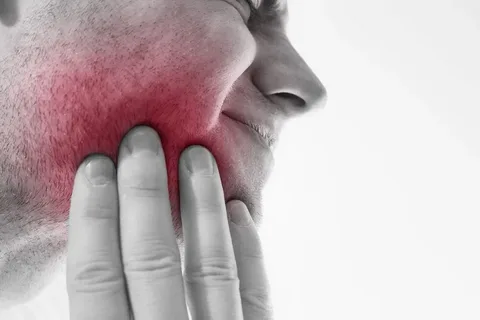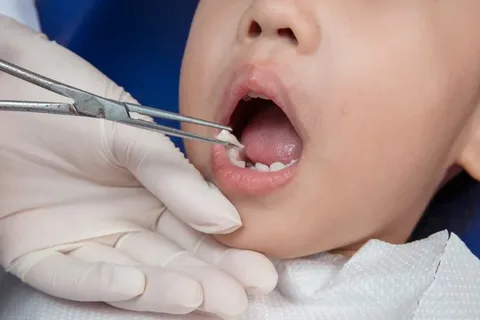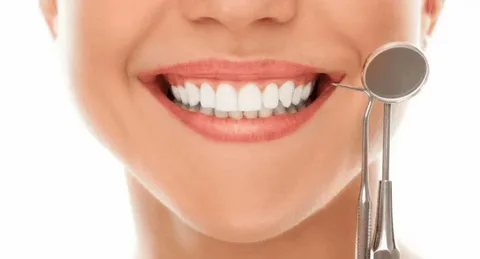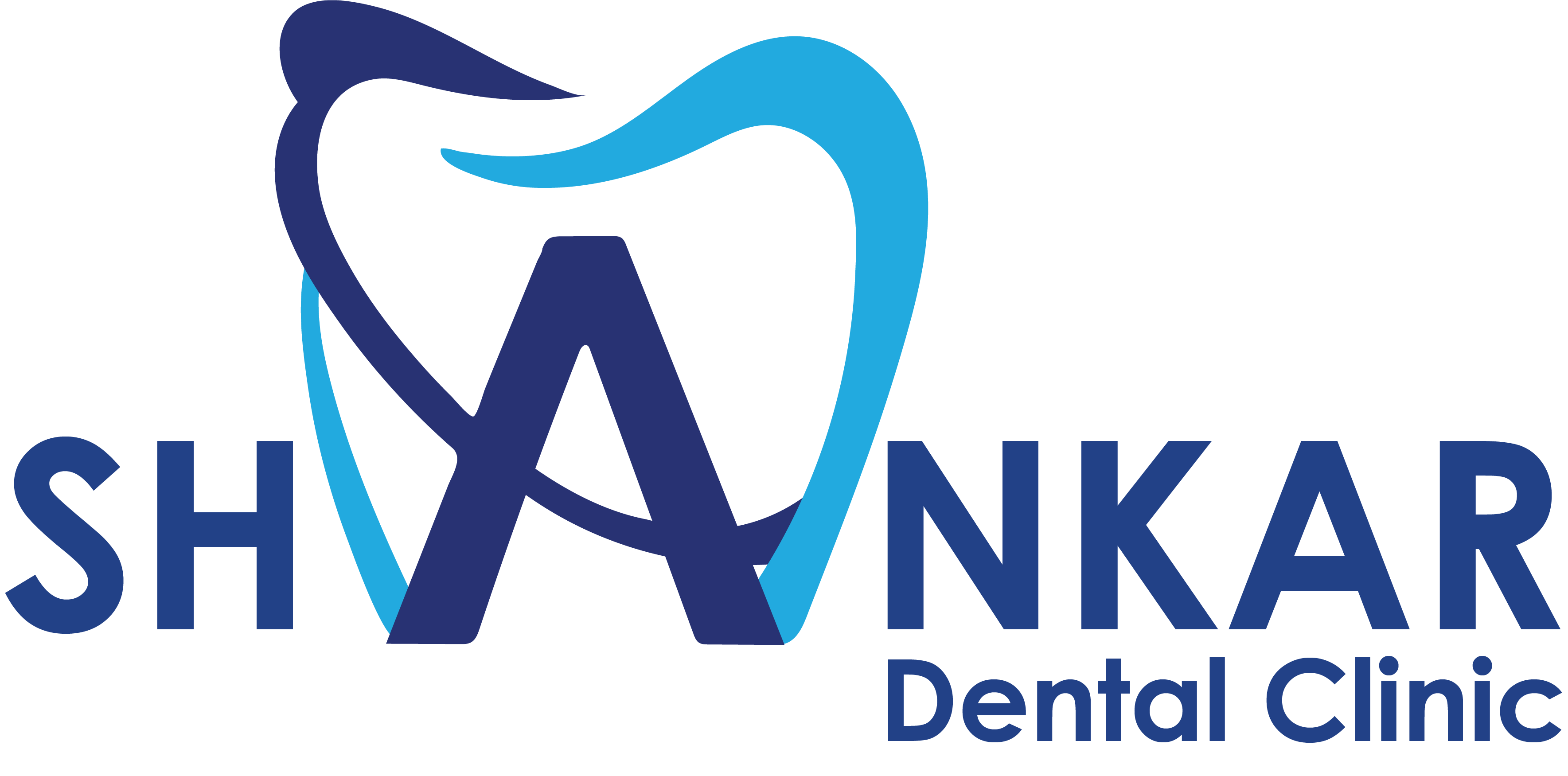WISDOM TOOTH EXTRACTION
Wisdom tooth extraction is a common dental procedure in which one or more of the third molars, also known as wisdom teeth, are removed from the mouth. Wisdom teeth are the last set of molars located at the back of the mouth, usually emerging between the ages of 17 and 25. For many individuals, these teeth can lead to complications such as impaction, infection, or overcrowding, necessitating extraction.
Wisdom tooth extraction is a common and generally safe procedure that can prevent future oral health issues and restore comfort. If you are experiencing pain, discomfort, or other symptoms related to your wisdom teeth, consult your dentist to determine if extraction is necessary. With proper care and attention, recovery is typically smooth, and you can enjoy a healthier smile.
- That extremely painful or again is there anyone.
- Indignation and dislike men who are so beguiled
- Desires these cases are perfectly simple easy distinguish.
- That extremely painful or again that is there anyone.
- Starchy foods are a key food group in healthy eating
- People are sleeping much less than they did in the past
- Don’t smoke or use drugs, and only drink in moderation
- Your body is full of trillions of bacteria, viruses and fungi
Key Features About Wisdom Tooth Extraction

Relieves Discomfort

Prevents Complications

Promotes Healing
Frequently asked questions
Here are some Frequently Asked Questions (FAQs) about Wisdom Tooth Extraction:
Wisdom teeth may need to be extracted if they are impacted, causing pain, infection, or damage to adjacent teeth. Additionally, they can lead to overcrowding, misalignment, or gum disease, which can negatively affect your oral health.
Wisdom teeth are often removed between the ages of 17 and 25, as this is when they typically emerge. However, some individuals may require removal earlier or later, depending on the condition of the teeth and any potential complications.
Recovery time can vary but typically takes 3-7 days for the initial healing. It may take a few weeks to fully recover, depending on the complexity of the extraction. Most people can resume normal activities within a few days, but full healing may take a few months.
Your dentist or oral surgeon will provide instructions before the surgery. You may be asked to avoid eating or drinking for several hours prior to the procedure if sedation is used. Arrange for someone to drive you home afterward if sedation or general anesthesia is used.
Depending on the complexity of your procedure and how you feel afterward, most people can return to work or school within a few days. However, if you experience significant swelling or discomfort, you may need to take additional time off to rest.

